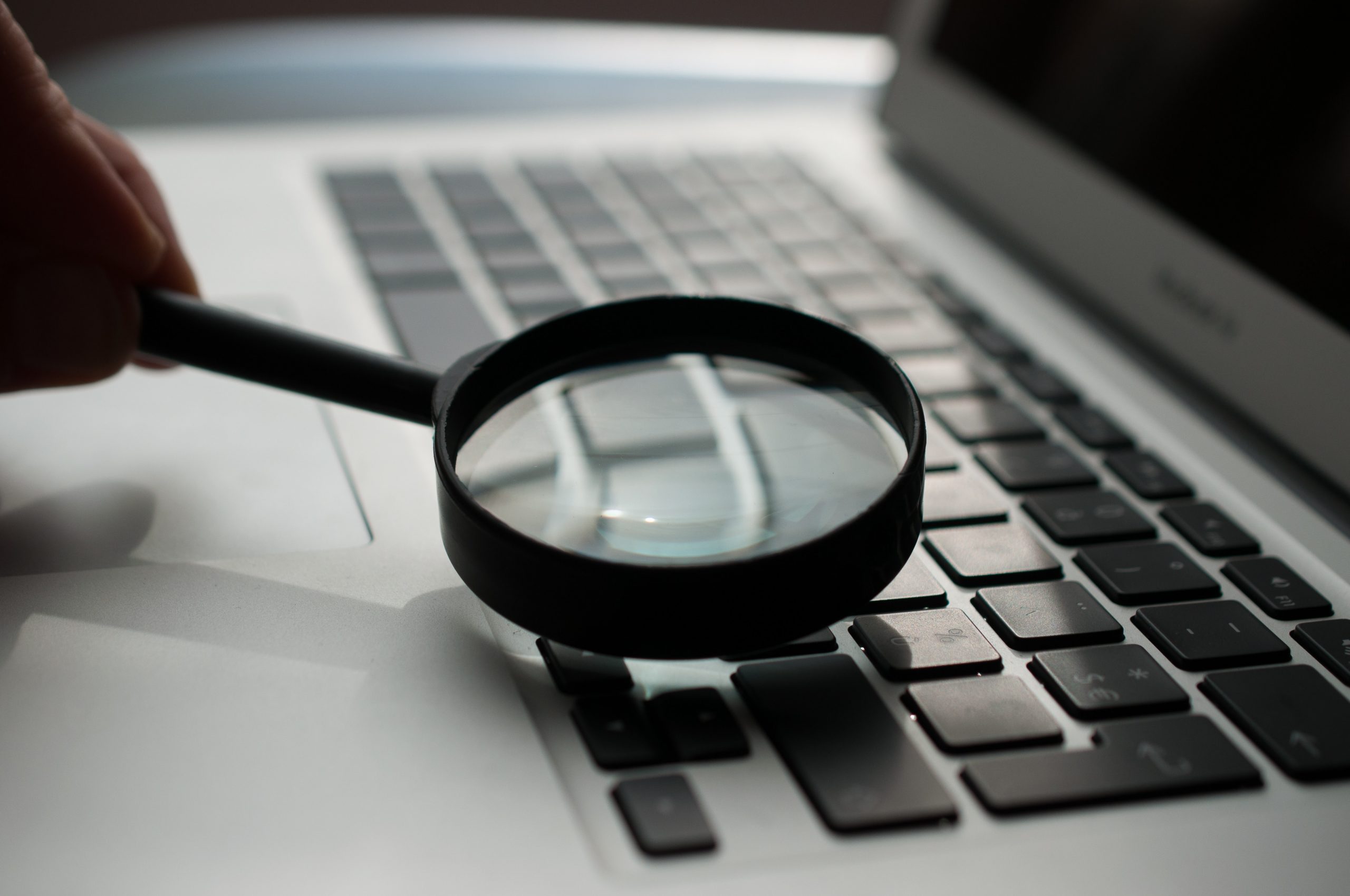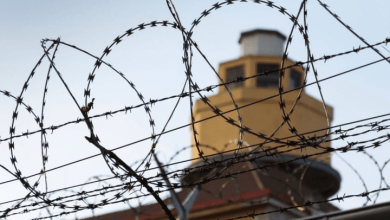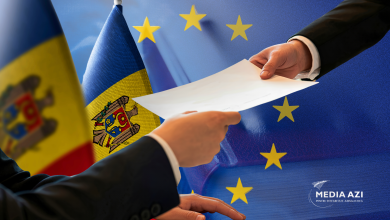Study // 9 out of 10 Fact-Checking Organizations in Europe Have Been Faced with Online Defamation and Abuse by Politicians and Other Public Figures

Nine out of ten fact-checking media institutions in Europe have suffered from online defamation and abuse by politicians, government officials, experts, and public figures, and seven out of ten victims of online harassment have been faced with long-term coordinated abuse, which includes stalking, defamation, hate speech, doxing, and gender-based violence. The data is published in a survey conducted by Faktograf, a Croatian fact-checking center. The study was launched on the eve of April 2nd, the International Fact-Checking Day.
The survey aimed at exploring the impact of harassment and disinformation on fact-checking organizations included 41 of the 68 signatories of the Code of Principles of the International Fact-Checking Network (IFCN) in Europe and all the members of the SEE Check network. Most organizations were founded between 2016 and 2019 and have an average of ten employees, 57% of whom are women, according to the International Press Institute (IPI).
According to the study, cases of harassment against fact-checking organizations have become more frequent during the coronavirus pandemic. Besides, election campaigns serve as catalysts for disinformation campaigns against fact-checkers; the Russian Federation’s invasion of Ukraine has had a similar effect. Most attacks happen online, especially on social networks and online portals.
The IPI emphasizes that fact-checking organizations prefer not to report these incidents to the authorities due to a lack of confidence that their complaints will be investigated. “This survey is important because it puts numbers to a trend that we have observed in the last few years in which fact-checkers and journalists face intimidation and smear campaigns by political actors who should be upholding democratic principles in Europe. At the same time, authorities are unable or unwilling to tackle this issue. All these factors combined create an environment in which harassers with a political or economic agenda feel empowered to attack and discredit independent news sources,” Javier Luque, Head of Digital Communications at IPI, affirms.
The survey was conducted from December 2022 to January 2023 and covered the online sphere, including verbal attacks, doxing, sexual and/or gender-based attacks, defamation, hacking attempts, and the offline sphere, such as physical attacks, arbitrary lawsuits, or threats of lawsuits. The study is part of the Decoding Disinformation Playbook, a project conducted by the IPI in partnership with Faktograf and the German daily TAZ.




